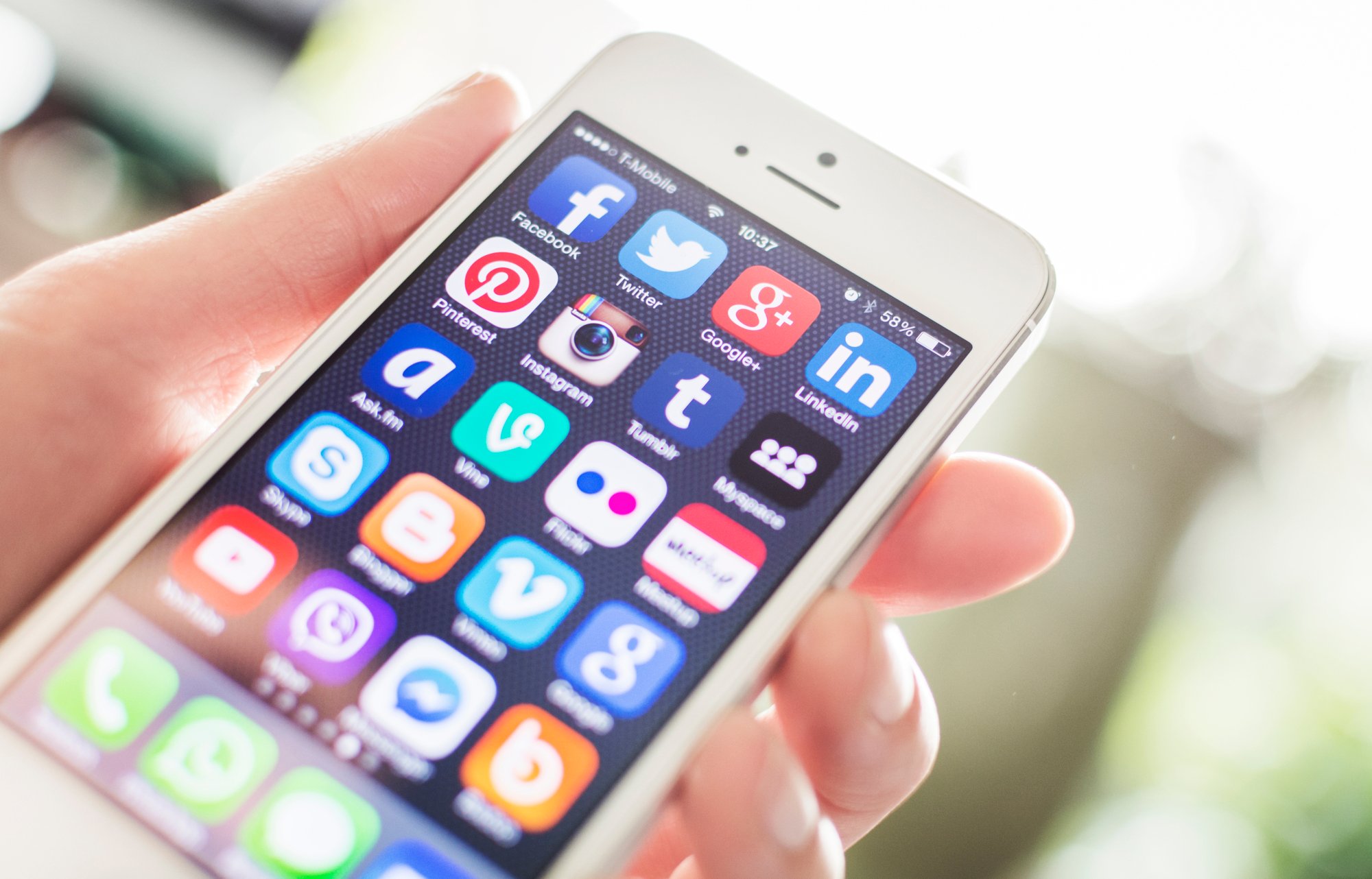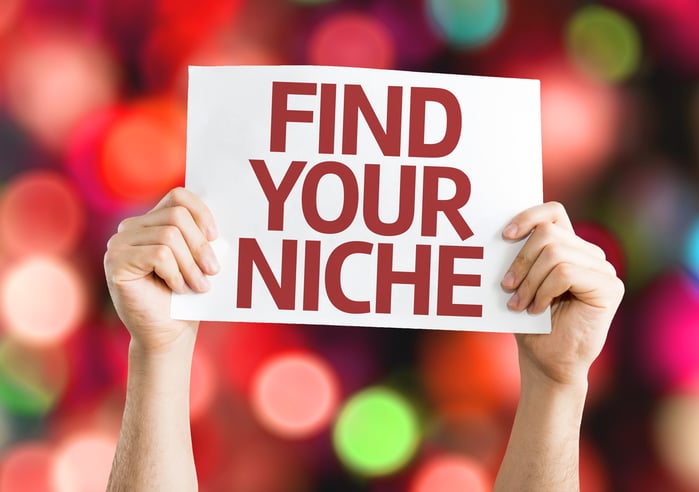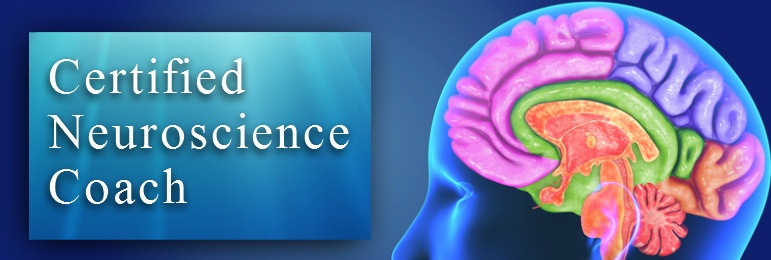The Neurobiology of Coaching Success
They call it the body’s information superhighway but it meanders through your client like a forgotten country road. What makes it super is the outsized impact it has on your client’s desires, fears, perceptions, motivations, and follow-through.
In other words, it means everything in coaching.
But it doesn’t work alone.
Your client's brain, spinal cord, endocrine system, immune system, other people, and even the millions of microscopic critters living in their intestines are all telling them what to do.
So, how do you, as your client’s coach, break through all that noise?
What do you do, for instance, when your middle-aged client vanishes and their three-year-old self, lost for decades in the neural backroads, suddenly halts all progress based on an ancient fear they never resolved?
You’re going to need some very sophisticated tools.
Fortunately for you, those tools exist and you can learn them.
The Neurobiology of Coaching Success isn’t just another course on neuroscience. It’s an advanced coaching course at the International Association of Positive Psychology Coaches that reveals the intricacies of your client’s cognitive processes and how to delicately activate them to help your client reach their dreams.
I’ll be teaching it at IAPPC from May 8 to June 13th. It is only available to IAPPC members but for a limited time, you can join via this link and get the course plus membership in IAPPC at no extra charge.
Read on...
I want to make sure you have a chance to get in to this live course. I know you may have a tight schedule and I want you to be able to join, save on cost, AND have be able to take the course at a time that's good for you. Download the fact sheet for this Course.
You’ll learn…
- How the body and brain work systemically
- What parts of the brain matter most in coaching and how they team up to work together
- What brain wave patterns work best in coaching and how to trigger them
- How the body’s second brain signals what to do
- How the heart talks to the brain
- How the body’s electromagnetic waves influence relationships
- How hormones and neurotransmitters power emotions and motivation
- Why one of the largest bundles of nerves in the body is called the information superhighway
- What Polyvagal Theory is and how to manage its effects while coaching
- How to get a stuck client unstuck by using neurobiology
- How to improve vagal tone for a happier healthier client
- How to coach different parts of the body so they stop blocking your client from reaching their goals
- Much much more…
That information superhighway can morph into a vulnerable child without notice, but you can coach them through it when you know how.
I’d love to see you in class.
Join Now and Get Started
Learn to navigate your clients' information superhighway with confidence and ease.
Download the Fact Sheet about this course here.
- By taking this course, you'll be confident you can help your clients succeed because you'll understand your client's information superhighway and much more.
- Market yourself as a coach with neuroscience tools using your Neurobiology of Coaching Success Certificate of Completion on your social profiles, coach directories, LinkedIn, and your website/s.
- Potential clients are fascinated by their brains.
- Add science-informed coaching for greater credibility.
- Prepare yourself for the Certified Positive Psychology Coach® credential from IAPPC.
Join Now:


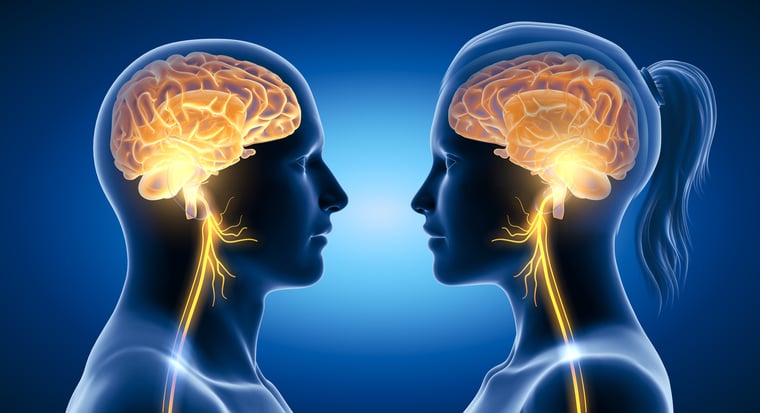

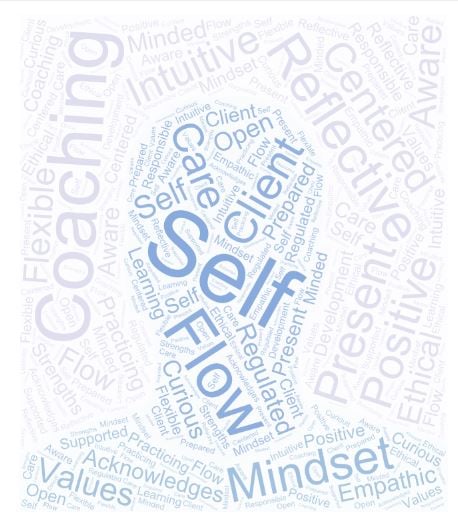 The
The 
